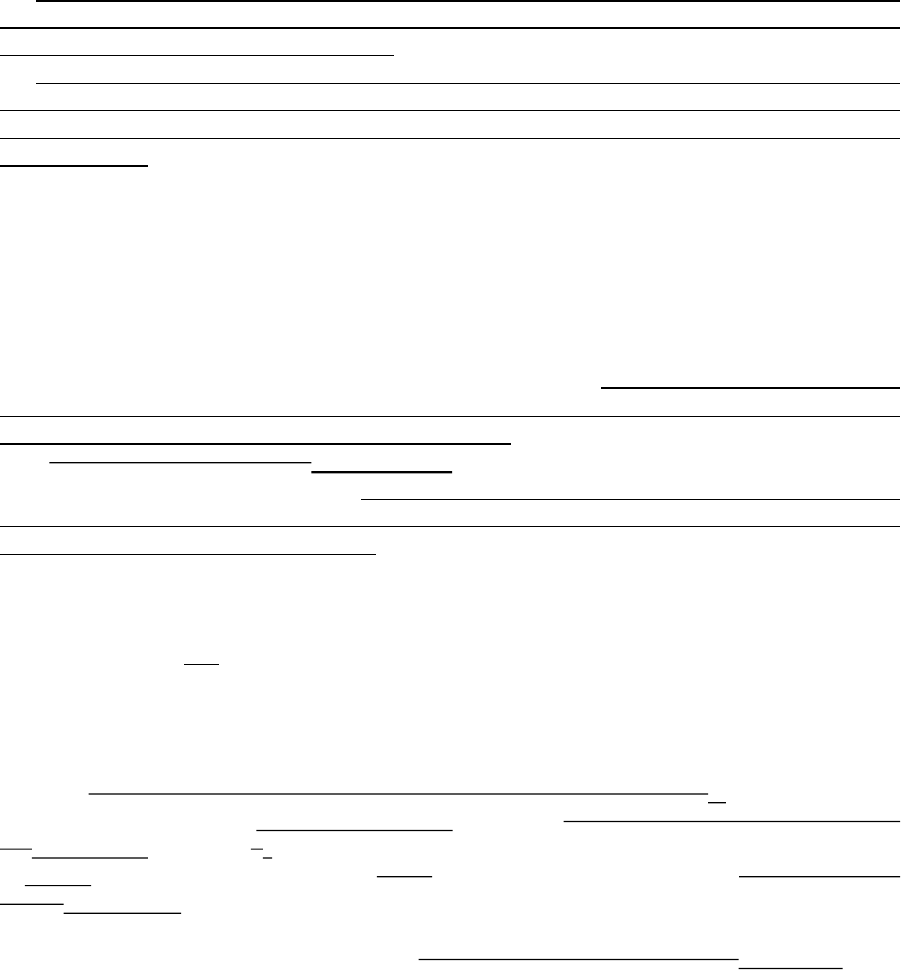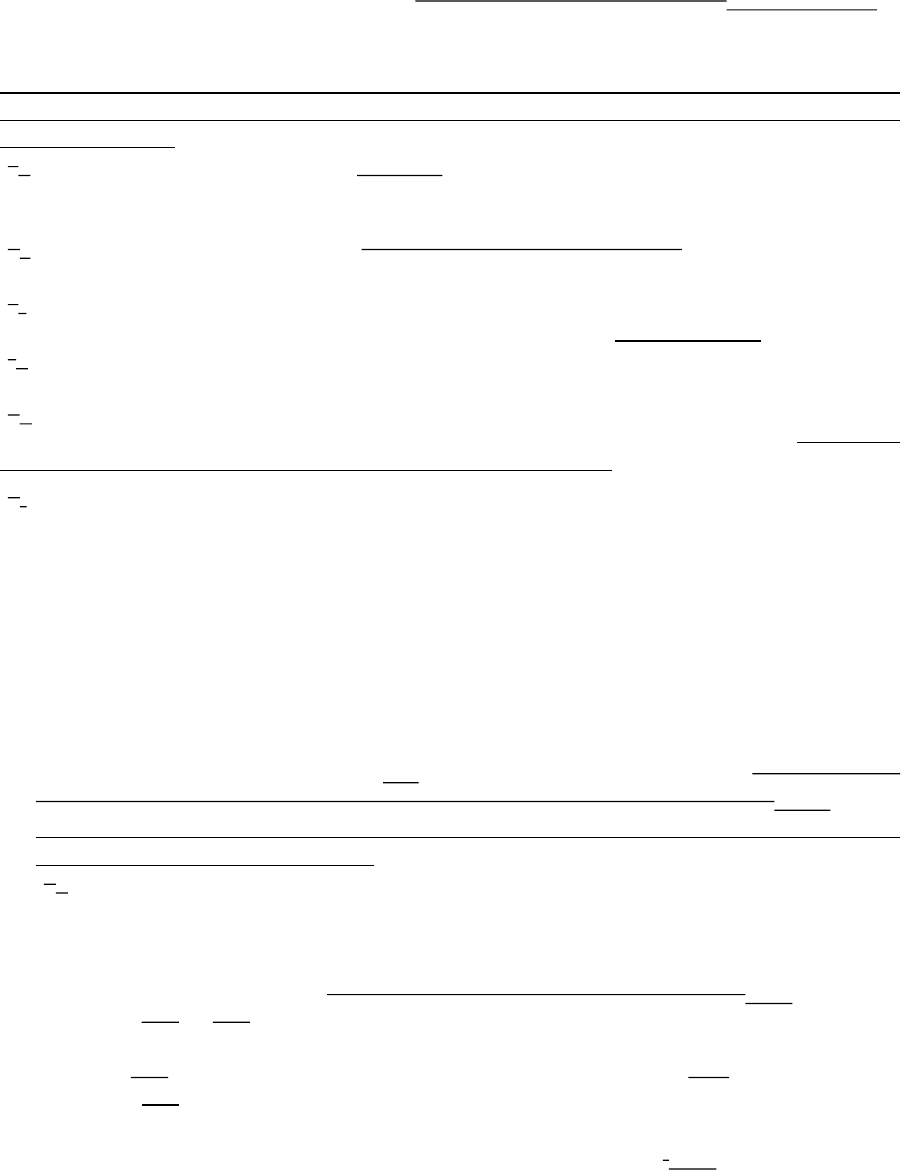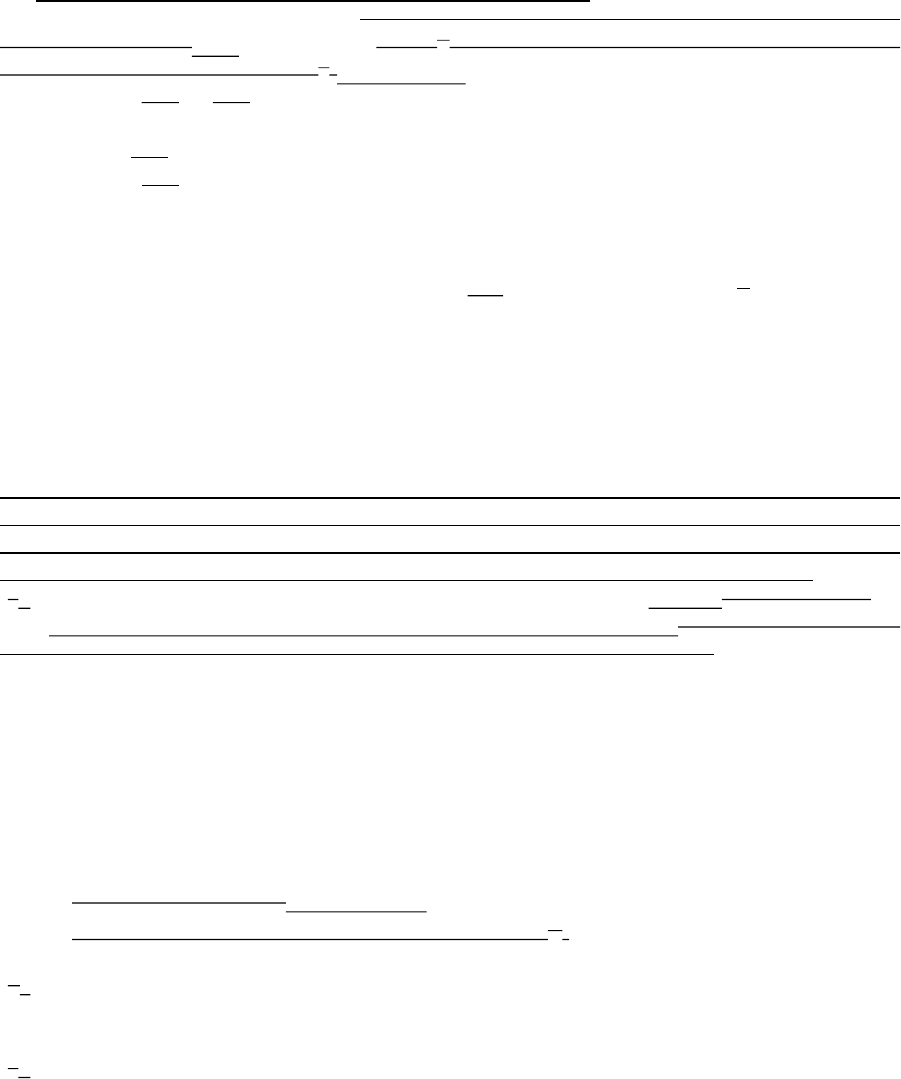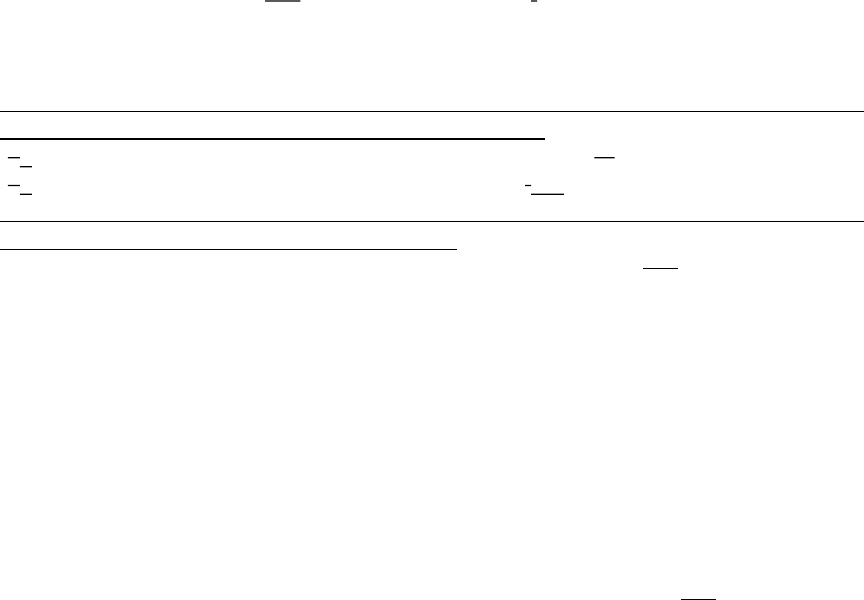
1
TITLE 252. DEPARTMENT OF ENVIRONMENTAL QUALITY
CHAPTER 210. HIGHWAY SPILL REMEDIATION
SUBCHAPTER 1. PURPOSE, AUTHORITY AND APPLICABILITY
252:210-1-2. Definitions
The following words and terms, when used in this Chapter, shall have the following
meaning, unless the context clearly indicates otherwise:
"Collision" means any physical impact of a truck, truck-tractor, trailer or any combination
thereof with the land or road surface or any other vehicle, structure or object.
"Completion of Remediation" means all actions taken to remediate a site have been
completed and no further remediation is necessary, based on sample results, risk-based
assessments, and as determined by DEQ.
"Contact Agency" means the contact agency as defined by the Oklahoma Emergency
Response Act, found in 27A O.S. § 4-1-102, which states, "Contact agency means a
municipality, fire department, or the Oklahoma Highway Patrol as determined by the location
of an incident".
"DEQ" means the Oklahoma Department of Environmental Quality.
"Hazardous material" means any substance that, if spilled, is or has the potential to be
harmful to humans or the environment such that it is appropriate to impose special
requirements upon those who remediate a spill of the substance. Such substances include, but
are not limited to, explosives, flammable and/or combustible liquids, acids, caustics, poisons,
containerized gases, toxic chemicals, hazardous materials as defined in 49 CFR 171.8 and
hazardous wastes as defined in 40 CFR Part 260.
"Highway" means highway as defined by 47 O.S. ' 1-122, which states, "the entire width
between the boundary lines of every way publicly maintained when any part thereof is open to
the use of the public for purposes of vehicular travel".
"Law enforcement officerLead Official" means the lead official as defined by the
Oklahoma Emergency Response Act, found in 27A O.S. § 4-1-102, which states, "the lead
official means the person designated by the contact agency to be the official in charge of the
on-site management of the emergency".
"Remediation" includes containment, removal, and cleanup of a hazardous material spill,
and the handling and disposition of cargo to the extent the cargo is contaminated with
hazardous material as a result of the spill.
"Spill" means the release of a hazardous material, caused by a collision on or adjacent to
a highway in Oklahoma, in a quantity that could be harmful to humans or the environment.
252:210-1-3. General provisions
(a) License required. Spills shall be remediated only by businesses licensed pursuant to this
Chapter. The person who spilled the hazardous material may employ anyA licensed highway
spill remediation service must be employed unless the on-scene law enforcement officer
haslead official determineds that there are hazardous conditions that pose an imminent threat
to public health or the environment. In these cases where time is critical, the law enforcement
officerlead official may contact any licensed highway spill remediation service or any non-
licensed provider of a service needed to resolve the emergency.
(b) Employee training. Any person who participates in the remediation ofremediates spills
must:

2
(1) Be employed by a business licensed pursuant to this Chapter;
(2) Be currently certified as a hazardous materials technician pursuant to 29 CFR
1910.120; and
(3) Upon request by DEQ personnel or local law enforcement personnelthe lead official at
the scene of a spill, provide proof of their current hazardous materials technician
certification.
(c) Subcontractors. All licensees shall be responsible for any subcontractors utilized in the
remediation of a spill. This includes all training, actions, transportation, and final disposal of
all waste material.
(cd) Vehicle requirements. All licensee vehicles used in the remediation of spills shall
visibly display the highway spill cleanup license number on both sides of the vehicle in
numbers at least four inches (4") high.
(de) Tow trucks. All tow trucks used in the remediation of spills shall be registered and
licensed by the Oklahoma Department of Public Safety.
(ef) Disposal. All waste material collected or generated in the remediation of spills must be
managed and disposed of in accordance with all applicable laws and/or permits.
(fg)Specified dates. If any date specified in this Chapter falls on a weekend or holiday, the
date of the following working day shall be the effective date.
(gh) License period. Licenses shall be effective from the day of licensure and expire on
December 31 of the same year, unless modified by an Administrative Proceeding. Licenses
issued prior to January 1, 2007, will expire December 31, 2007.
(hi) Application time frame. Applications will become void if the applicant fails to meet all
licensure requirements within one hundred eighty (180) days of being notified of any
deficiencies. All fees paid are non-refundable when an application is voided.
252:210-1-4. Prerequisites for new licenses and renewal
To be eligible for initial licensure or renewal:
(1) The owner of the business must be eighteen (18) years of age or older;
(2) The owner of the business must be a resident of the State of Oklahoma or the business
must be an Oklahoma corporation;
(3) The principal business facilities must be located in the State of Oklahoma;
(4) The owner and/or business must not owe no outstanding fees or fines to the Department
of Environmental Quality or any income taxes to the State of Oklahoma; andDEQ;
(5) The owner and/or business must be in compliance with the income tax and immigration
laws of the State of Oklahoma; and
(56) The owner and/or business must be in compliance with these rules and all DEQ
final orders.
252:210-1-5. Licensure requirements
(a) Initial license. An applicant may become licensed to remediate spills bymust:
(1) Submitting to the DEQ a completed and signed DEQ Form 210-001 "Highway Spill
Cleanup License Application";
(2) Remitting payment to DEQ for the required initial licensure fee; and
(3) Submitting documentation to DEQ that the applicant has a general liability insurance
policy that includes pollution coverage in the amount of at least $1,000,000. The
documentation shall include a copy of the certificate of insurance.; and

3
(4) Complete two (2) hours of training provided by DEQ.
(b) Renewal license. An applicant may renew an unexpired license to remediate spills by
doing the followingmust no later than the 15
th
of the month preceding the expiration date of
the current license (December 31
st
)December 15:
(1) Submitting to the DEQ a completed and signed DEQ Form 210-001 "Highway Spill
Cleanup License Application";
(2) Remitting payment to DEQ for the required renewal licensure fee; and
(3) Submitting documentation to DEQ that the applicant has a general liability insurance
policy that includes pollution coverage in the amount of at least $1,000,000. The
documentation shall include a copy of the certificate of insurance.
(c) Late renewals. The applicant shall pay the late fee in addition to the renewal fee for
renewal applications postmarked or delivered to the DEQ after December 15
th
.
(d) Failure to renew. Once a license expires, the applicant may not continue to remediate
spills until the license is actually renewed. Any license that has not been renewed within twelve
(12) months of expiring may not be renewed. Such applicants must apply for a new license and
pay the new license fee in full.
252:210-1-6. Licensee's duties; record keeping
(a) Reporting. The licensee shall report all spills they respond to that release twenty-five (25)
or more gallons of a hazardous material, as defined above, or any quantity of material released
into a waterway or waterbody to the DEQ Environmental Complaints/Spills Reporting Hotline
at 1-800-522-0206 within forty-eight (48) hours of receiving notification of the spill.
(ab) Remediation records. The licensee shall maintain and providemake available to
DEQ within 30 days of the completion of remediation, a record which upon request, a record
of all remediations performed pursuant to this Chapter. Each record shall include, at a
minimum, the following:
(1) Name and contact information for the person or entity responsible for the materials
spilled;
(2) Date of the spill;
(3) Legal description, highway mile marker, physical address, or latitude and longitude of
the spill;
(4) Description and quantity of material spilled;
(5) Method of remediation;
(6) Results of all analysesSample results; and
(7) Disposal receipts and manifests showing the Llocation and date of disposal or
disposition.
(bc) Employee training records. The licensee shall maintain and make available to DEQ
upon request all hazardous materials technician certification training records for all employees
who participate in remediation services for the licensee.
(cd) Records retention. All records required to be maintained by the licensee pursuant to
this Section shall be retained for a minimum of three (3) years.
252:210-1-7. License suspension and revocation
(a) Reasons for suspension or revocation. After notice and opportunity for hearing, the
DEQ may suspend or revoke a license for:
(1) Procedural violations such as allowing the insurance to expire, allowing untrained

4
employees to participate in the remediation of a spill or, other related procedural issues;
(2) Gross inefficiency or incompetence in providing spill containment or remediation
services or in complying otherwise with the requirements of this Chapter and other
applicable law;
(3) Performing remediation or any other services without the authorization of the lead
official or authorization of the vehicle/equipment owner;
(34) Any violation of this Chapter or any final DEQ order; or
(45) Dishonesty, fraud or misrepresentation to DEQ.; or
(6) Failure to report spills of twenty-five (25) gallons or more, or any quantity of material
released into a waterway or waterbody to DEQ.
(b) Suspension. Any entity or person whose license is suspended by the DEQ:
(1) May not provide remediation services until their license has been reinstated or they
have received a new license.
(2) May apply for reinstatement of their license at any time during the twelve (12) months
following the date of their suspension by:
(A) Correcting any deficiency(ies);
(B) Paying any outstanding fees or fines owed to DEQ;
(C) Remitting payment to DEQ for the reinstatement fee;
(D) Meeting the renewal requirements of Section 1-9(b) of this Chapter, including
remitting payment for the renewal fee if the license expired during the suspension
period; and
(E) Being in compliance with all final DEQ rules and orders.
(c) Revocation. Any entity or person whose license has been revoked by the DEQ must wait
one (1) year from the date of revocation before filing an application for a new license.
